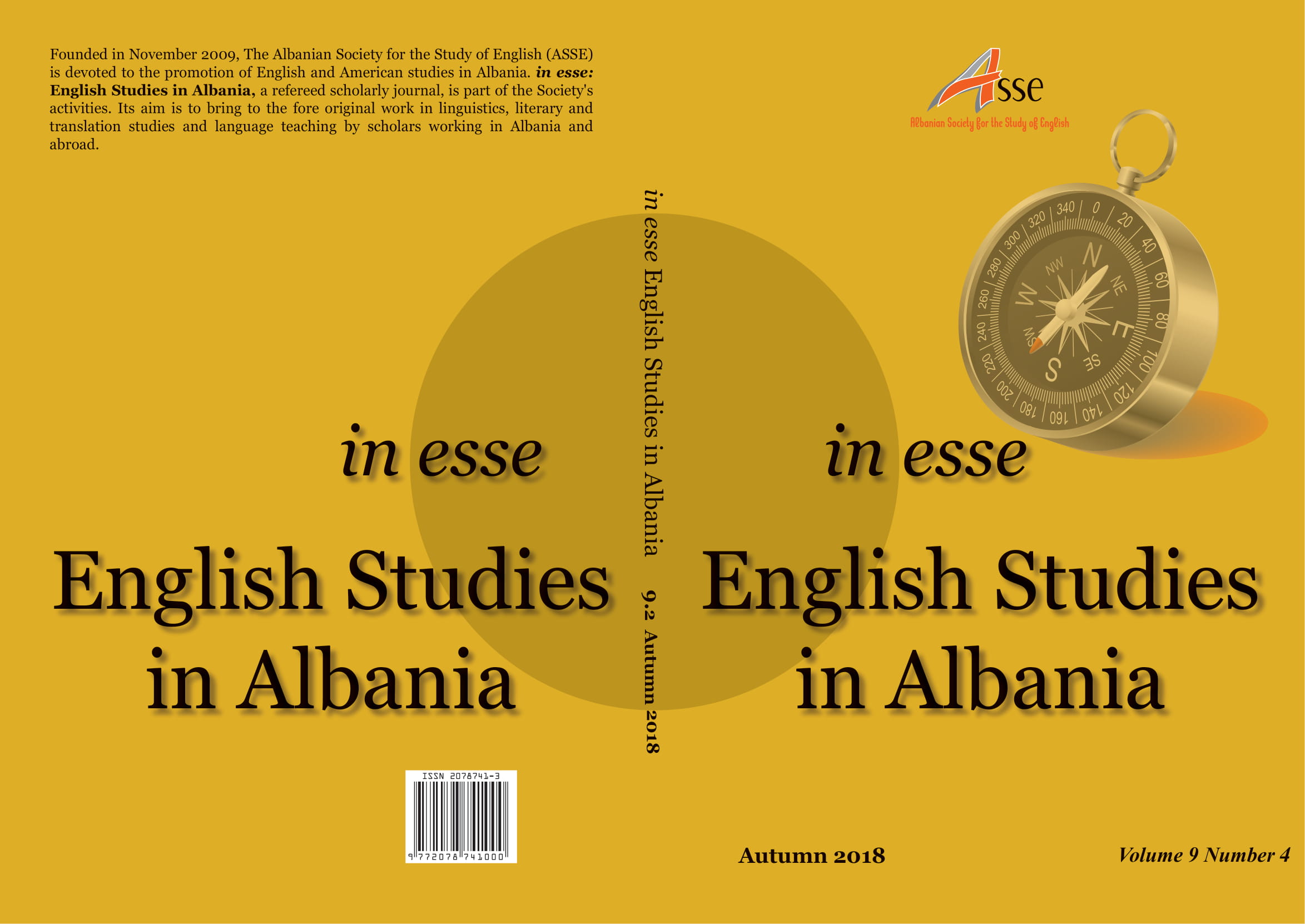The Narrative of Transition in Caryl Phillips’s ‘A Distant Shore’: Mainstream, Subaltern and Subjective Narratives
The Narrative of Transition in Caryl Phillips’s 'A Distant Shore': Mainstream, Subaltern and Subjective Narratives
Author(s): Zoltán MogyorósiSubject(s): Marxism, Cultural Anthropology / Ethnology, Culture and social structure , Theory of Literature, Identity of Collectives, British Literature
Published by: Albanian Society for the Study of English
Keywords: subaltern studies; postcolonialism; postmodern; cosmopolitanism; feminism; black literature; narratives; identity; Marxism;
Summary/Abstract: In recent years Anglophone authors of post-colonial heritage have been attempting to challenge the mainstream Western narratives of modernism in their literary works. Postcolonialism as a literary discourse is highly related to Neo-Marxism, as the relationship dynamics are based on the distinctive binary opposition of the hegemonic and the subaltern, so the fate of the individual is determined by a broader sense of power struggle in these narratives. Moreover, the narratives generally have fixed sides, positions contrasted to each other; men–women, black–white, upper class–working class. In some cases, the contrast between the subaltern and the hegemonic is emphasised by setting combinations of subaltern values against the combinations of hegemonic values; a white upper-class man against a black lower-class woman. However, according to some contemporary scholars of post-colonialism, approaches of this type are outdated. One of these authors is Caryl Phillips, who offers a different approach to narratives as he applies a more dynamic and relativistic one in his novel, A Distant Shore (2001). Due to the juxtaposition of different characters, there is no mere hegemonic power apparent in the text and every single character can be read as subaltern; thus Phillips extends the concept of subalternity to all the characters in the novel. In my paper, I examine the various mainstream and subaltern narratives, and then I present how the described mainstream narratives are alien to the individual, and some typical subaltern narratives are invisible or too fragmented to the society by their nature. Despite all the critical or empirical anticipations about the novel, Phillips gives a very critical attitude towards the narratives of globalism, and he fundamentally questions Western multiculturalism. I argue that Phillips’s strikingly different method of problematizing individual and social narratives does raise new questions concerning subaltern narratives, and I will support it with the theoretical background provided by scholars like Edward Said, Homi Bhabha, Stuart Hall or Gayatri Chakravorty Spivak.
Journal: in esse: English Studies in Albania
- Issue Year: 9/2018
- Issue No: 2
- Page Range: 7-22
- Page Count: 16
- Language: English

